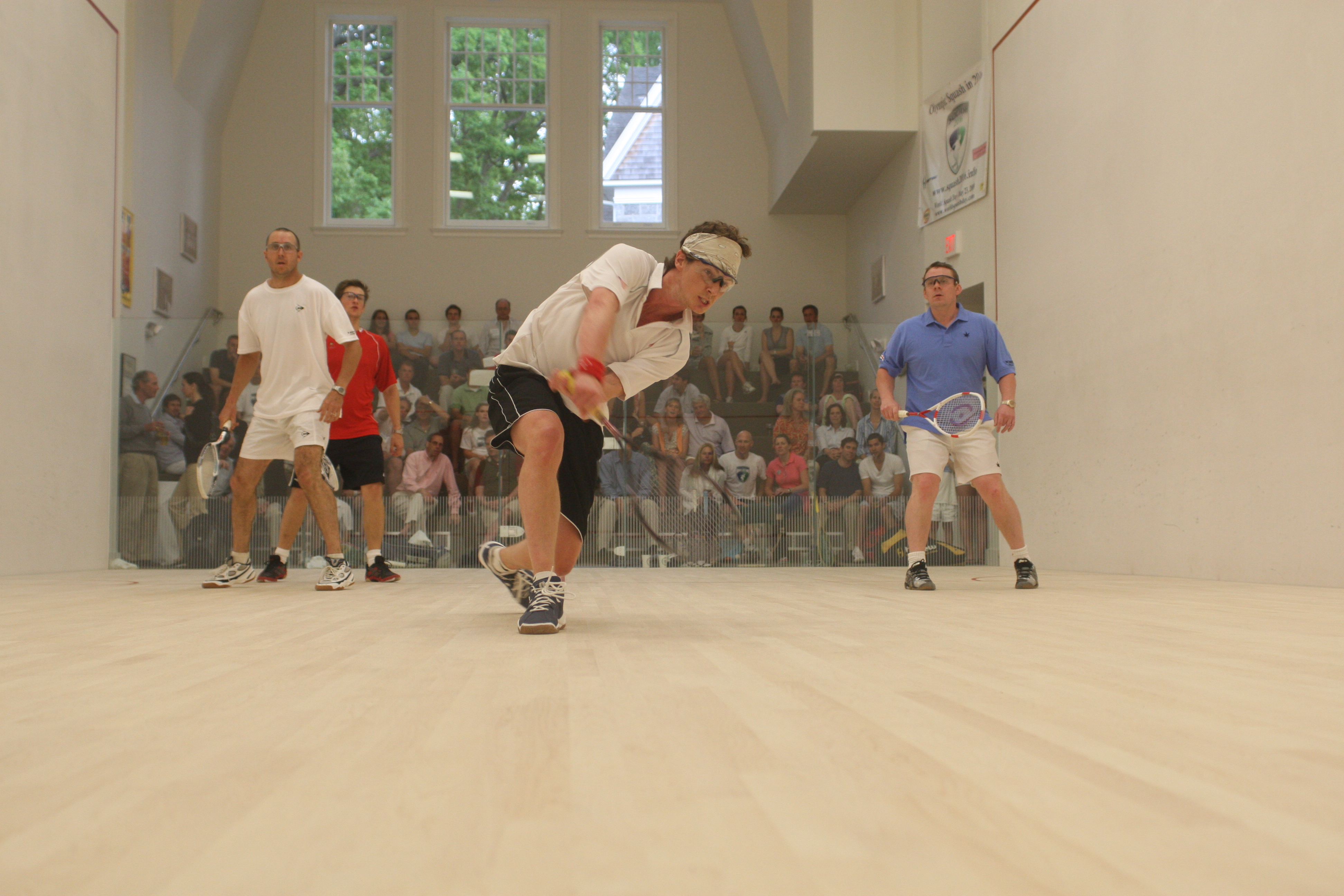
By Lee Stabert
If you’re trying to get attention, jumping off a bridge is certainly a viable option. That’s exactly what Phil Buscke, musician and erstwhile A-grade squash player, did on May 23rd in New Zealand—tumbling to earth from atop the Auckland Harbor Bridge sporting a Squash for 2016 T-shirt. As he put it: “All I can say is, if I’m throwing myself off a bridge, squash had better bloody well get in!”
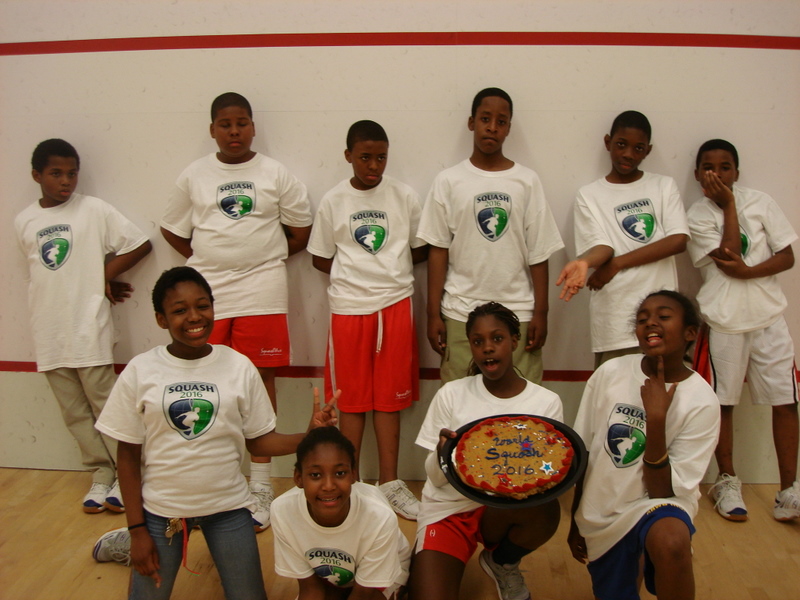
It was all done in the name of the game as part of the World Squash Day 2009 celebrations—a day of international events calling attention to the sport’s Olympic aspirations. Squash is one of seven sports on the short list for inclusion in the 2016 Summer Olympics. (Karate, softball, baseball, rugby sevens, golf and roller sports are the others.) All of this is in preparation for the ongoing bid process, which will continue through the summer and fall. On June 15 in Lausanne, Switzerland, the seven contending sports will make a presentation to an IOC executive board meeting. On August 13 in Berlin, the IOC executive board will narrow the list to two sports. Then, on October 2, all 108 members of IOC will meet in Copenhagen for the final vote. As a game played in 175 countries by more than 20 million people—recreational and professional, male and female, young and old—squash has arguably earned its spot.
World Squash Day was originally founded following the terrorist attacks on September 11, 2001. Several squash players were among those killed, including Derek Sword, a former Scottish junior international player and squash champion at New York Athletic Club. Several of Sword‘s friends created World Squash Day in his honor, as a way to celebrate the sport and his life. Every year a team from New York and a team from the UK compete for the Derek Sword Trophy.
This year, World Squash Day was rebranded as Squash For 2016 Day—using the well-earned reputation of that event to catalyze the global Olympic effort.
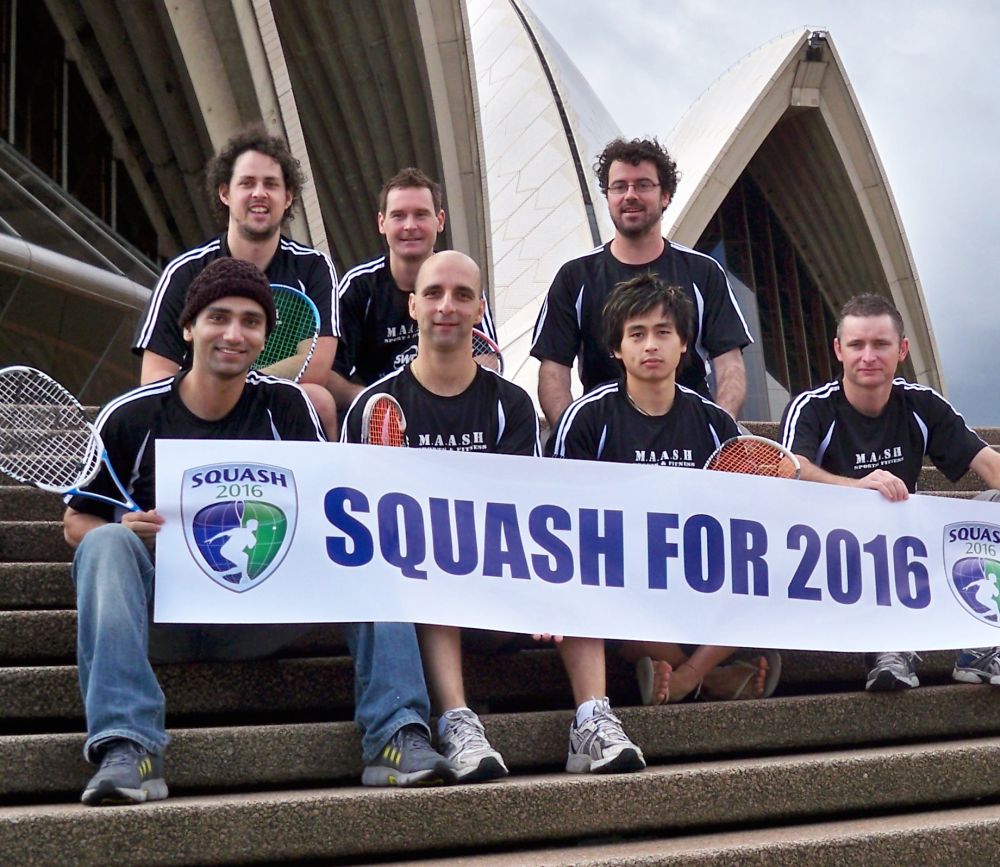
Buscke, guitar player for The Datsuns, wasn’t the only one snatching the spotlight. In Penang, Malaysia, top women’s player Nicol David held an auction of her favorite rackets and clothing—including many of the rackets she used to win 25 major titles on the WISPA World Tour. There was special emphasis on the four cities vying to host the 2016 Games—Chicago, Madrid, Rio and Tokyo. All four cities hosted open-air demonstrations and open days at major clubs with top professionals on hand. In London and Kuala Lumpur “Squash buses” took to the streets and raised awareness at iconic locations such as Buckingham Palace and the Petronas Towers. In Chile and Ireland, 24-hour-marathons were held. And across the world—including in the townships of Soweto in South Africa—thousands of children were given free lessons to introduce them to the sport. The effort crossed geopolitical and cultural lines, with countries as diverse as Iran, Egypt, Pakistan, South Africa, North Korea, China, France, the United Kingdom and the United States all celebrating as a unified and motivated squash community.
Interestingly, many events in the United States were held in areas not typically known as bastions for the sport. Clubs in Charleston, Cincinnati, Denver, Los Angeles, New Haven, St. Louis, San Diego, Seattle, Tulsa,Washington D.C. and more hosted days of celebration for the sport in hopes of raising awareness and funds for the Olympic effort.
Major events took place in Boston, Chicago, Los Angeles and at the Apawamis Club in Rye, New York. In Hollywood, supporters gathered at the Hollywood sign to wave banners and flags. At Apawamis, squash legends Jonathon Power and John White as well as women’s world No. 2 Natalie Grainger participated in the “Battle of The Border”—a 100-player per side match. In just one day, the club hosted 61 singles matches and 21 doubles matches, plus squash clinics for juniors involving over 200 participants. Organizers estimate they had 500-plus enthusiasts wander in and out throughout the day. And in Chicago, MetroSquash—an urban squash program—hosted a high profile exhibition downtown.

Events like World Squash Day are essential for raising the sport’s profile and galvanizing fans for this movement. They demonstrate squash’s broad, international appeal. By serving this rallying cry, organizers hope to crystallize their message.
Scott Garrett, one of the leaders of the Olympic bid, argues that squash fits all the relevant criteria for inclusion in the Games. “In the past we’ve found it challenging to convince non-fans that it can be a great sport to watch on TV,” says Garrett. “But with the technology that resides in modern TV sets, not to mention super-slo-mo and HDTV, we’ve totally solved that issue. Also if you look at the other classic Olympic sports, you’ll see that they share one defining characteristic: the Olympic championship is the biggest thing in the game. There’s no doubt that this will be true for squash, and this fact alone will guarantee that the Games see the highest level of competition.”
Not only is the sport exciting to watch, it’s also fun to play—and easy to pick up. “Squash is fast, it is athletic, it is dynamic,” says Garrett. “It delivers a result in around 45 minutes. It has a steep learning curve: Anyone can play a rally within a few minutes of picking up a racket, but it takes years of dedication to become great at it. So viewers can relate to it. It’s a sport that any of them could play.”
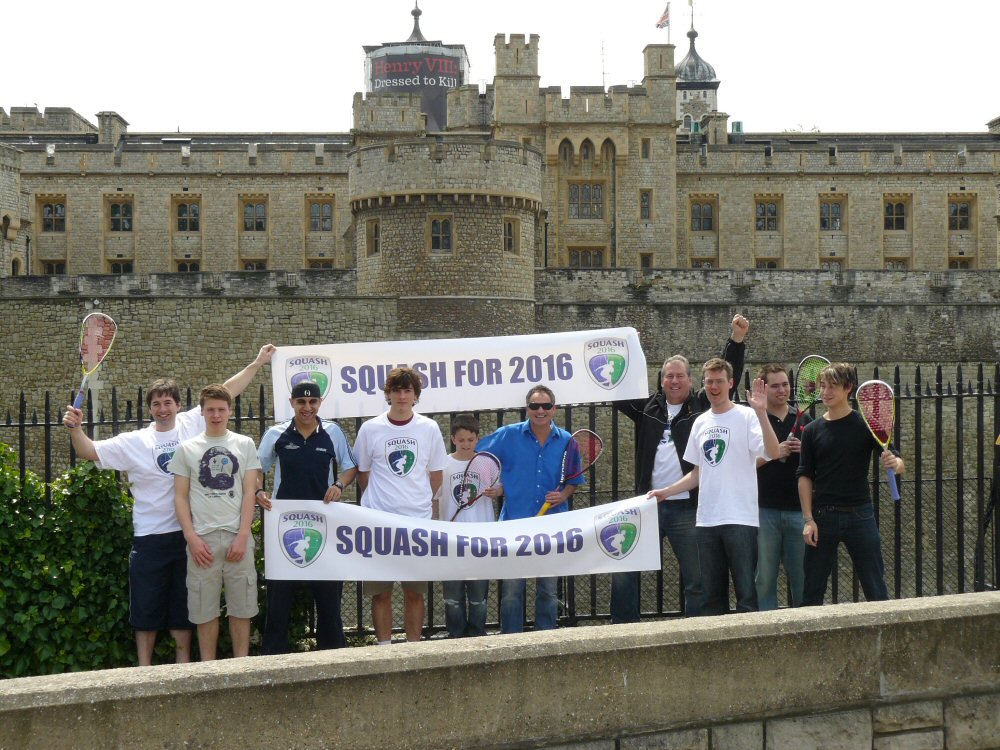
It’s clear that the sport would fit it in well in the Olympic pantheon, but it also brings something new to the table. “Squash is the only sport where the opponents must co-operate with each other in order to win,” explains Garrett. “It is the only racket sport where players compete for dominance of the same piece of real estate. This not only promotes Olympian values of friendship and camaraderie, but it also lends a unique dimension to the tactical side of the game.”
Another perk is the sport’s low cost to present. Squash is a portable event—a court requires minimal space and can be erected almost anywhere. Squash tournaments have been held in many iconic locations around the world—the pyramids in Egypt, Grand Central Station in New York—which offers an amazing opportunity to showcase the host city. Imagine a court on Chicago’s lakefront, or in front of a temple in Tokyo.
Despite the stiff competition for inclusion—and the fact that the sport has suffered past disappointments—the leadership continues to improve their pitch. “Under the leadership of WSF President Ramachandran a bid team was appointed months ago to co-ordinate the various activities necessary to mount a coherent bid,” recounts Garrett. “The work actually extends back several years, as squash has made a number of changes to the game (scoring system, refereeing protocols, television coverage etc.) to make it more consumer-friendly, as a direct consequence of the bid made in 2005 where—despite being voted by the IOC as one of the top two candidate sports for 2012—we (along with Karate, the other top sport) failed to gain the required two thirds majority to gain a place in the program.” Fortunately, the IOC has since scrapped that rule; now all Squash needs is a 50 percent majority.
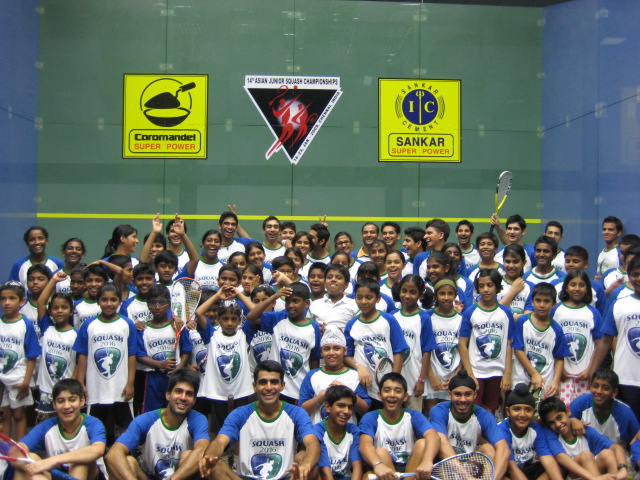
Inclusion in the Olympics would be a huge boon to the sport’s U.S. profile, something that has been growing steadily, due in large part to the efforts of US Squash and the National Urban Squash & Education Association (NUSEA), the umbrella organization for urban squash programs. Both groups were heavily involved with World Squash Day festivities.
Greg Zaff, head of NUSEA—who spent World Squash Day at an event in Boston featuring a match between Squashbusters (Boston) and Squash Haven (New Haven) juniors—credits urban squash programs with changing the sport’s profile dramatically.
“These programs are increasing the number of players,” says Zaff. “And they are broadening the base of the sport—taking it into socioeconomic and ethnic markets where it didn’t exist before. As a result of that, people’s attitudes about what’s possible for the sport have completely changed.” On June 19, Williams College will host the NUSEA Championships featuring 300 players from urban squash programs (there are about 600 participants in programs nationwide). This US Squash sanctioned tournament is one of the larger junior events in the country.
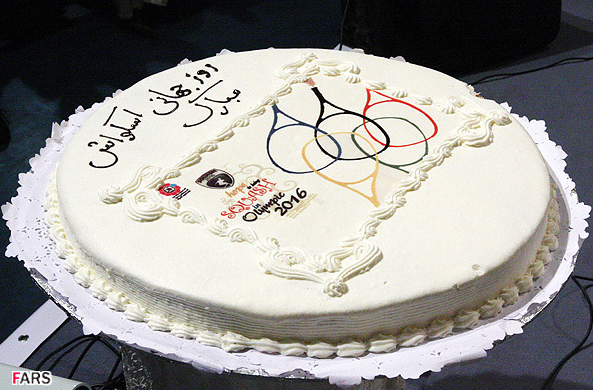
Now that World Squash Day is over, there are still ways to support the cause. You can buy t-shirts and other merchandise with proceeds benefiting the bid. You can also donate by visiting squash2016.info or worldsquashday.com. In the U.S., the World Squash Movement has set up a fund that is accepting tax deductible donations (make checks payable to “FJC” with the memo line “World Squash Fund”; mail to Attn: Maryellen Vasallo, 537 Steamboat Road, Suite 303, Greenwich, CT 06830). In addition, clubs around the country will continue to host events and fundraisers leading up to the key dates, so check the websites for details. From the success of World Squash Day, it’s clear that supporters have enthusiasm to spare.
Top pro Peter Nicol—former No. 1 in the world and current Olympic ambassador—summarized the day nicely: “What a fantastic effort by all of those involved! We had amazing coverage and support throughout the entire world, showing the universal popularity of the sport. The unity showed by all squash players and fans shows how passionate the squash community feels about inclusion on the Olympic roster in 2016!”
If supporters continue work hard and capitalize on that unity, there’s no doubt the sport will soon be crowning it’s first Olympic champions.





